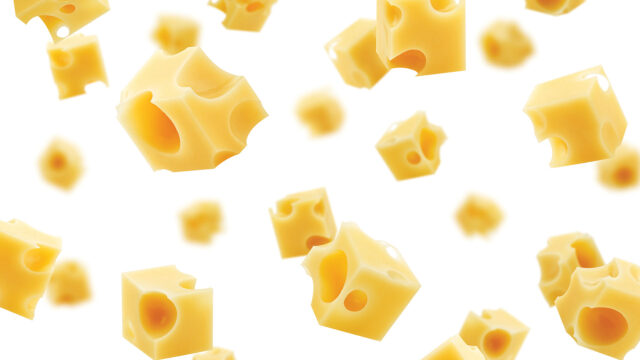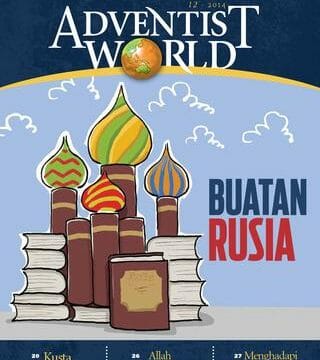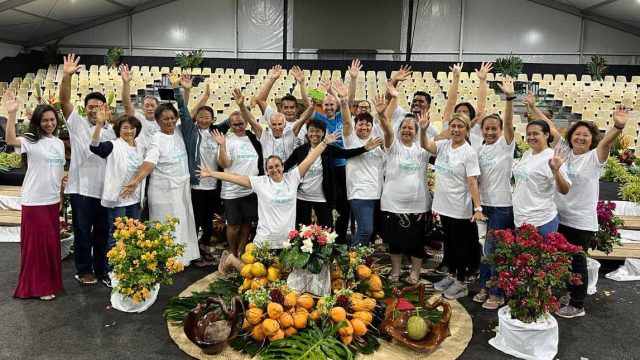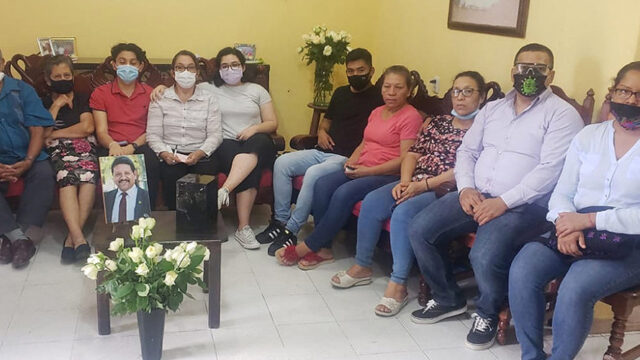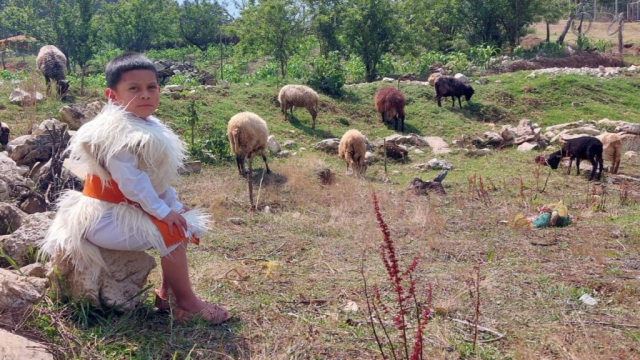Sanitarium initiative has donated 10 million breakfast servings over the past four years.

New Zealand families in need of a helping hand are receiving support through a partnership between Sanitarium, a Seventh-day Adventist health food company, and the New Zealand Food Network (NZFN).
Over the past four years, the partners have donated the equivalent of 10 million servings of breakfast around the country — a huge achievement in assisting NZFN to improve food security across the country.
“We are extremely grateful for the generosity that Sanitarium has shown over the past four years, and their ongoing passion for our mission,” NZFN chief executive Gavin Findlay said. “Their consistent support has meant we can provide the communities we serve with healthy breakfasts, especially as more and more whānau struggle to put meals on the table,” he added. Whānau is the Māori term for an extended family or a community of related families.
Under the partnership, NZFN’s two centralized distribution centers receive, sort, and store donated food, which is then distributed to 65 registered food hubs.
Demand for these services is higher than in the past. A Salvation Army State of the Nation 2024 report revealed that more than one in five households with children under 15 years in the region reported that “food runs out often or sometimes,” which is up from 14 percent in 2022. Pacific households with children are most heavily affected, with 40 percent reporting food runs out often or sometimes.
Sanitarium New Zealand general manager Michael Barton praised the partnership experience, saying, “Serving our communities in need is part of our purpose to ensure even those who are facing hard times have access to nutritious foods. Our partnership with New Zealand Food Network ensures that this gets to the communities that need it most, building healthy, sustainable communities together.”

Pitching In
The food hubs aren’t the only way Sanitarium, a Seventh-day Adventist health food company in the South Pacific, has pitched in over the past year. In 2023, NZFN sent out an urgent call out for Kiwis to “Pitch In” and (virtually) fill Auckland’s iconic Eden Park stadium with as many meals as possible by World Food Day in October 2024.
Sanitarium contributed 8,000 meals, in addition to the ongoing donations, at the kick-off of the virtual stadium-filling initiative.
With one stadium equivalent filled, NZFN commenced filling the field a second time as it aimed to collect at least 200,000 meals before the campaign closed.
Social supermarkets
Social supermarkets are a contemporary approach to traditional food banks, where people facing tough times can choose what they need for themselves in a supermarket-style environment. This approach makes healthy food affordable and accessible to communities that would otherwise likely go without nutritious grocery items.
To help improve food security in a way that empowers dignity and respect, social supermarket shoppers choose their own groceries based on a points allocation and contribute to the cost of their shop.
“The team were so kind and non-judgmental when I came in, I felt like I was heard and had nothing to hide,” said one user of the Manaaki Kai Visionwest Social Supermarket, which celebrated one year of operating in June.
In the past 12 months, Sanitarium has donated about 125,000 servings of Weet-Bix breakfast cereal to 12 social supermarkets.
“All Kiwis deserve to have access to a healthy breakfast, and social supermarkets play a significant role in helping the growing numbers of Kiwis in need to feed their families,” Barton said. “Sanitarium’s donation helps relieve some of the pressure in keeping shelves stocked to meet growing demand.”
“The number of people needing support continues to grow, and it’s becoming harder and harder to keep the [social supermarket] shelves stocked and help everyone that reaches out to us,” said Liz Cassidy Nelson, chief executive of a recipient food hub.
“We’re grateful for all the food donated to our social supermarket, but staples like Weet-Bix are a classic Kiwi breakfast. These will always be high-value items that everyone wants.”
The original version of this story was posted by Adventist Record.



